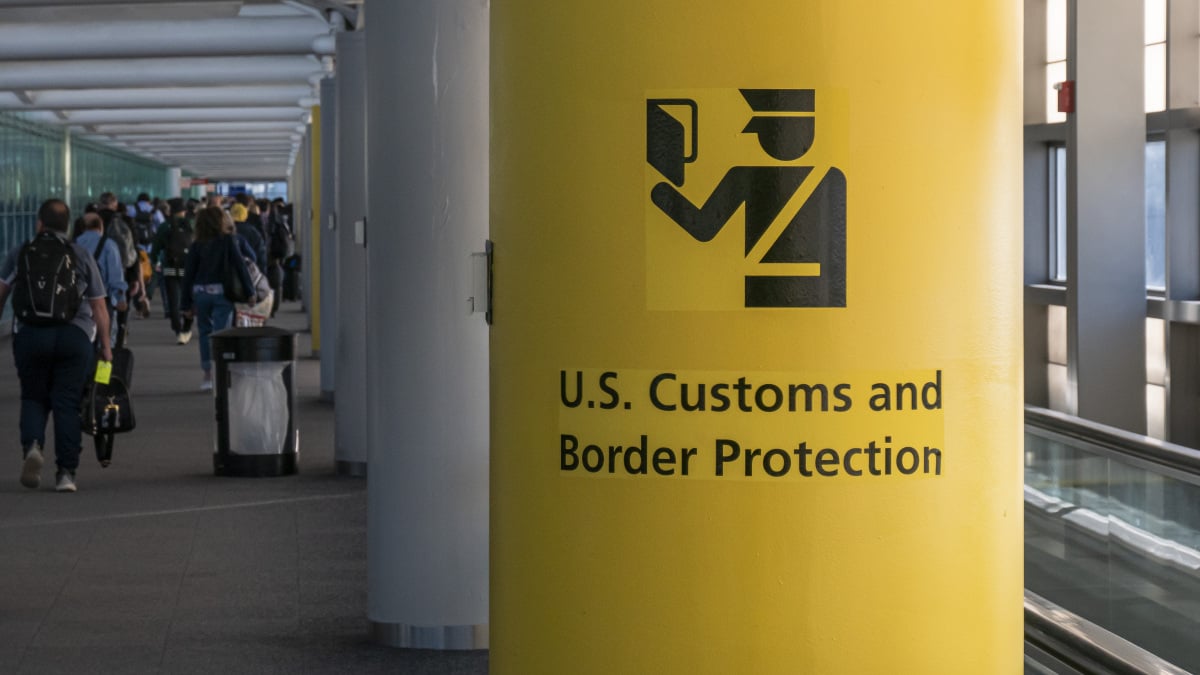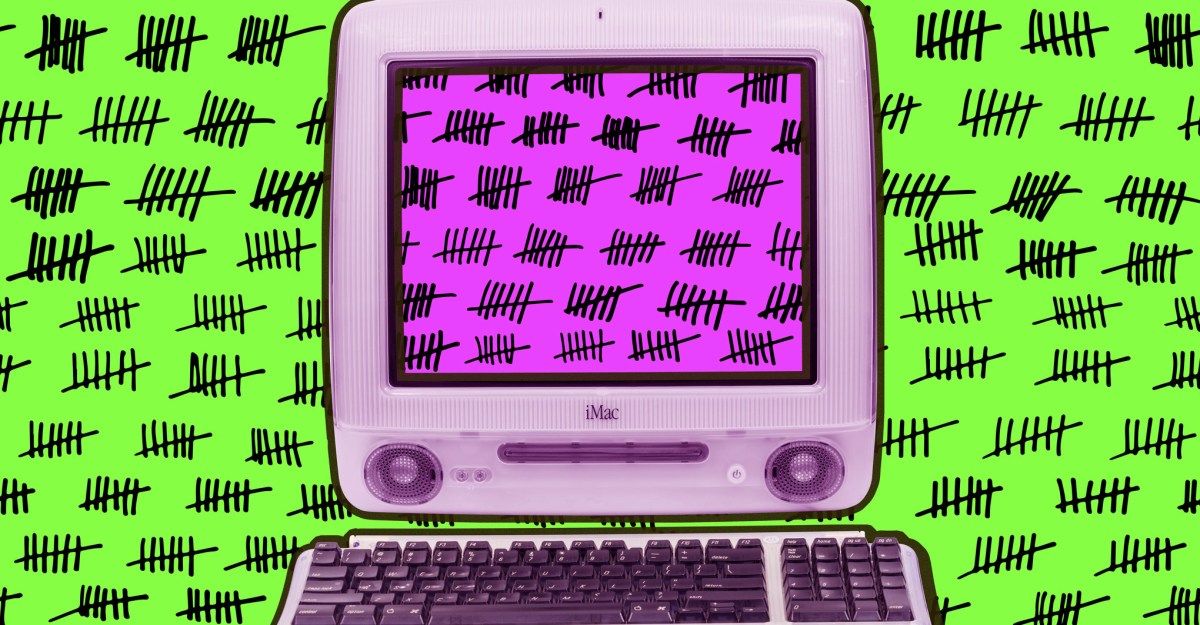
Phone Inspections at the US Border: Everything You Need to Know About Your Rights and Safety.
Electronic controls at the border are causing fear among travelers.
The new electronic screenings at U.S. borders have raised concerns among travelers. In addition to immigration policies that limit entries and deport undocumented immigrants, the Trump administration is implementing digital security measures that permit the examination of personal devices at entry points. This has led to both permanent residents and tourists being detained, and in some cases, deported after trips abroad. Anxiety has grown among travelers who have noticed an increase in the inspections of devices upon their arrival in the United States.
In March, U.S. Citizenship and Immigration Services (USCIS) proposed a change that would include the review of social media profiles as part of the process for obtaining benefits for immigrants already residing in the country. This change would affect visa holders and green card holders. Additionally, in January, President Donald Trump issued an executive order to intensify scrutiny in the issuance of visas, which is also part of the national security agenda.
Although warrantless searches of personal devices were declared unconstitutional in 2014, U.S. law allows Customs and Border Protection (CBP) to inspect electronic devices based on national security. While these searches represent a small proportion of border interactions, the increasing surveillance has heightened concerns about data privacy.
Efforts have been made to require warrants for device searches at the border. A ruling from a court in New York, for example, stipulated that warrants are needed for searches of mobile devices, providing some protection for travelers at major city airports. However, CBP's general policy still allows the inspection of vehicles, individuals, and electronic devices.
U.S. citizens have the right to refuse a device search without being denied entry, but lawful permanent residents and foreign visitors may face more severe questioning. If CBP confiscates a device, a basic or advanced search will be conducted. Basic searches involve a manual review of accessible content, while advanced searches use external equipment to analyze and copy data, and must be supported by suspicions of illegal activity.
To protect personal information during border crossings, it is recommended to carry as few digital data as possible. Travelers may opt to completely turn off their devices before entering. It is also advisable to delete sensitive information and back up important data at external locations. For added security, encrypting devices and avoiding the use of biometric passwords when crossing the border is suggested.
Furthermore, it is recommended to log out or set social media accounts to private, as agents may access public profiles during searches. These measures are a way to safeguard privacy in an environment of increasing surveillance at the country’s entry points.



